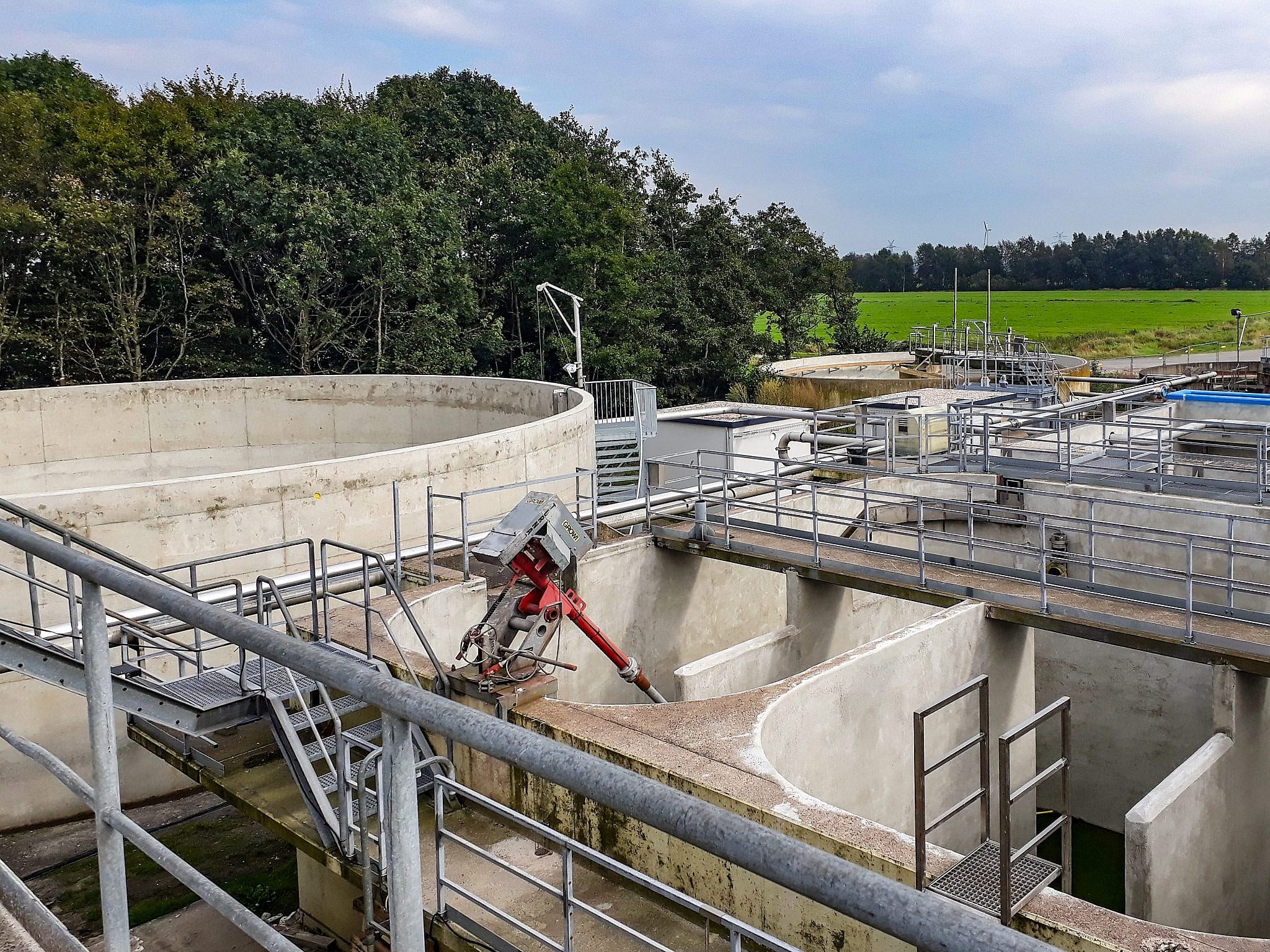Abwasserbehandlung für Molkereien
Bei der Verarbeitung von Milch werden große Mengen Wasser eingesetzt – hauptsächlich zum Reinigen der Anlagentechnik und der Zulieferfahrzeuge. Entsprechend große Mengen muss die Behandlung von Molkereiabwasser bewältigen, und zwar typischerweise mit Belastungsspitzen und wechselnden Inhaltsstoffen, entsprechend dem Betriebsablauf in dem jeweiligen Unternehmen.
Abwässer in Molkereibetrieben
Molkereiabwasser ist mit Reinigungsmitteln, Feststoffen und organischen Substanzen wie Fetten belastet. Die Verfahren zur biologischen Abwasserbehandlung von DAS Environmental Expert sind weltweit erfolgreich in Molkereien sowie in Betrieben, die Käse und andere Milchprodukte herstellen, im Einsatz. Wir bieten Herstellern unterschiedlicher Größe die gesamte Bandbreite
an Abwassertechnik zur Vorbehandlung und biologischen Reinigung von Abwässern unterschiedlicher Zusammensetzung, individuell angepasst an die Anforderungen an Produkte und Prozesse des jeweiligen Kunden. Die Experten der DAS Environmental Expert GmbH ermitteln gemeinsam mit Ihnen das passende Abwasserkonzept für Ihr Unternehmen. Wir können dabei auf viele Erfahrungen und Referenzen beim Bau der Abwassertechnologie zurückgreifen.
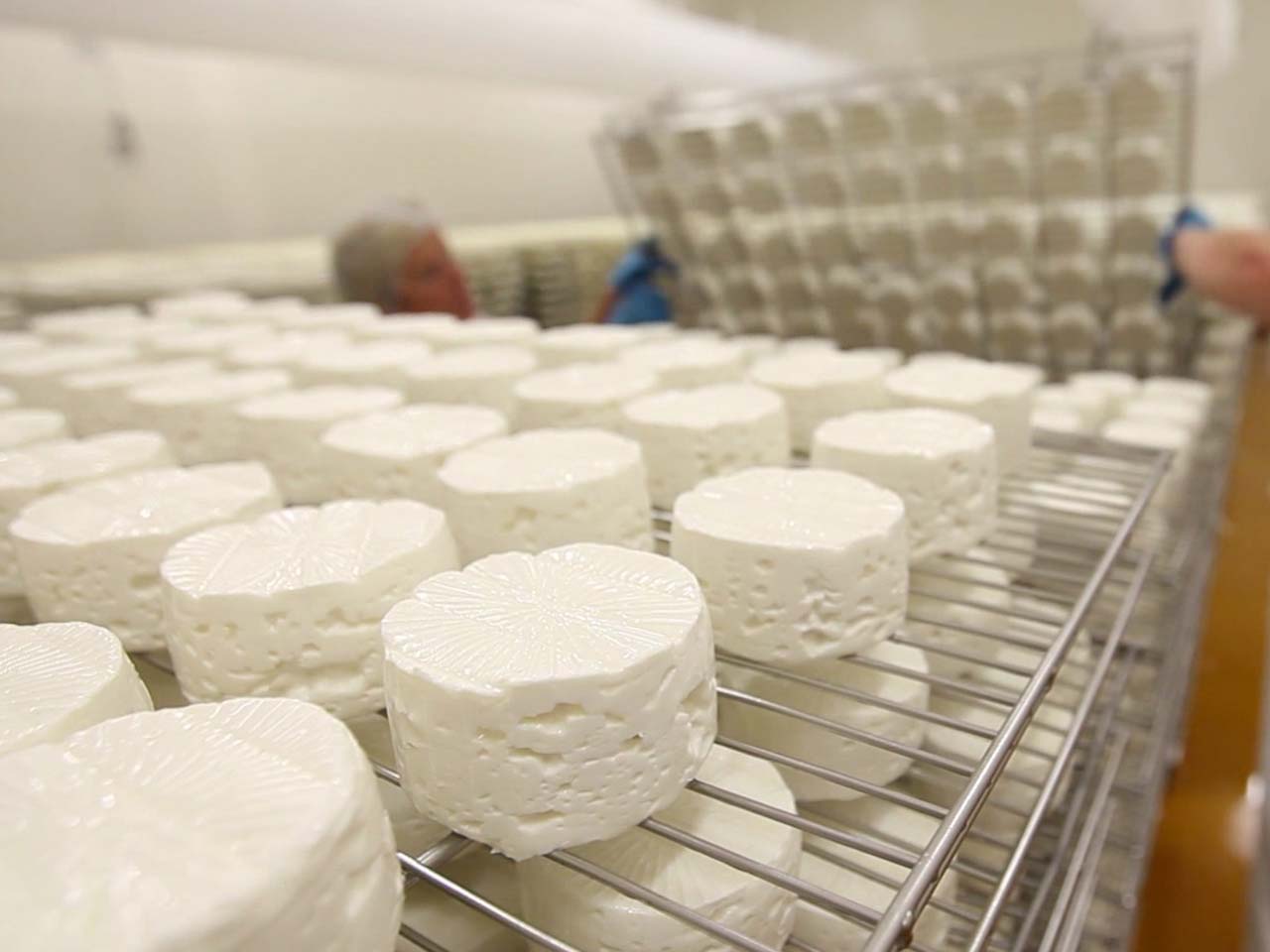
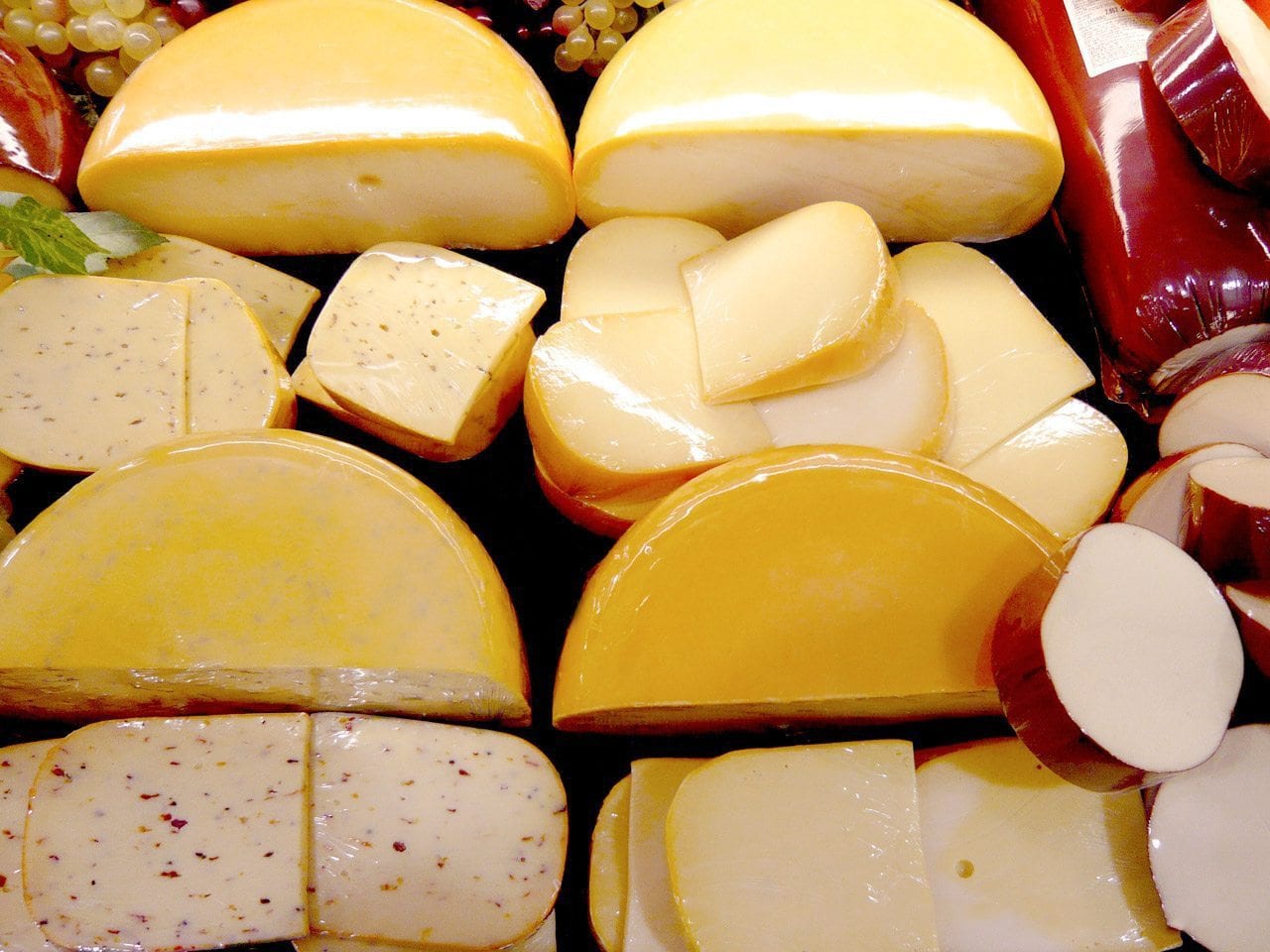
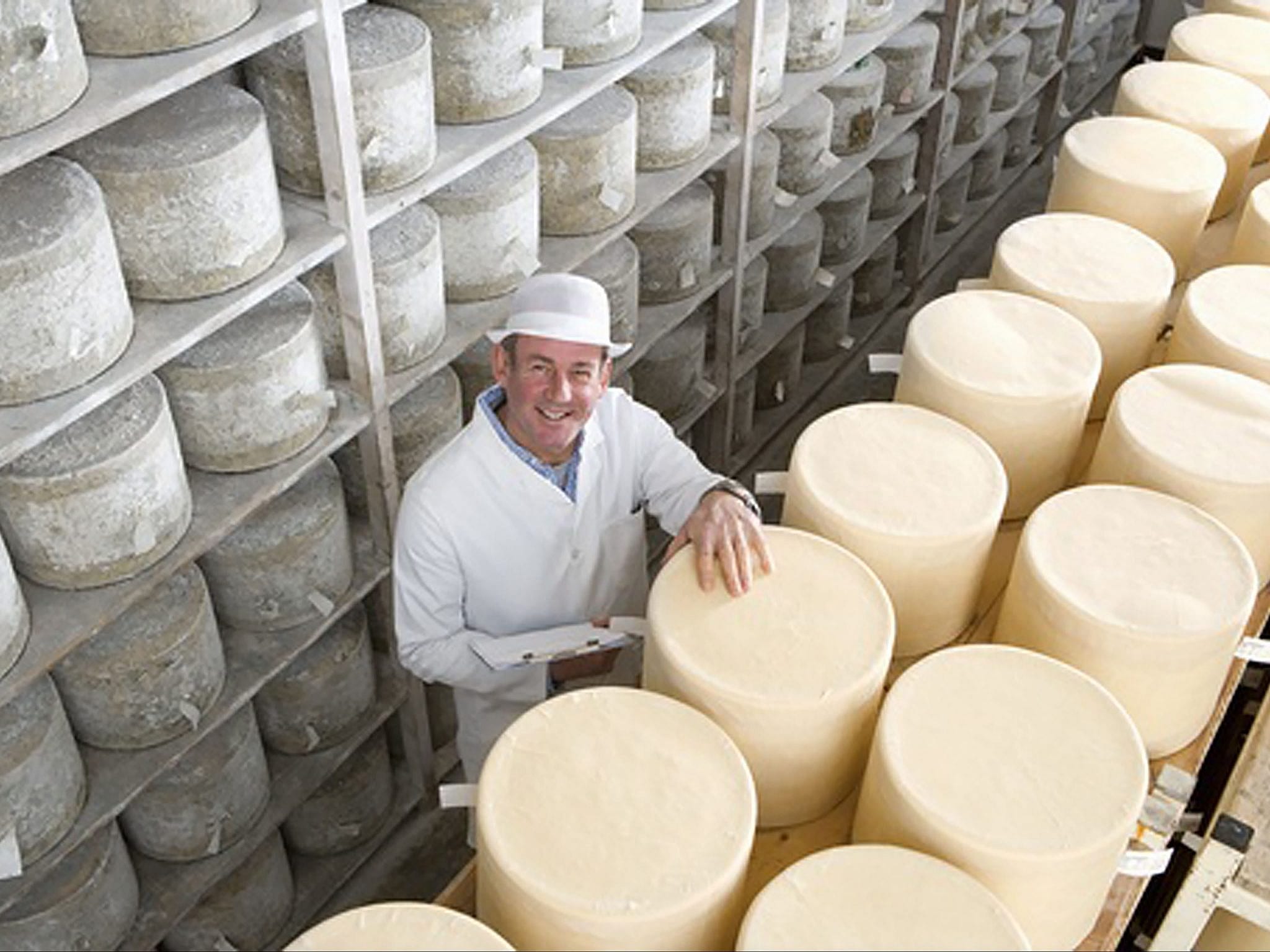
Unsere Leistungen für Molkereien
Durch die hohe CSB- und BSB-Belastung ihrer Abwässer müssen Molkereien häufig Starkverschmutzergebühren zahlen. Unsere Erfahrungen in internationalen Milchbetrieben unterschiedlicher Größe zeigen, dass die Qualität der Abwasserbehandlung ein wichtiger Faktor für die Wirtschaftlichkeit des Betriebes ist. Hier kann man mit der Anlagentechnik bereits wichtige Weichen stellen.
Tipps für eine optimierte Anlage:
- Mithilfe von integrierten Ausgleichsbehältern wird eine Vergleichmäßigung von sehr ungleich über den Tag verteilten Abwasserströmen erreicht, sodass eine kontinuierliche Reinigung und Abgabe möglich ist.
- Die spezifische Bestimmung der Abwasserzusammensetzung erlaubt eine passgenaue Behandlung.
- Eine gezielte Senkung der CSB- und BSB-Fracht vor Einleitung der Molkereiabwässer in die Kanalisation ist in einigen Fällen eine wirtschaftlich lohnende Ergänzung zur Abtrennung von Fett und Feststoffen.
- Vertrauen Sie unseren energieeffizienten Lösungen für die biologische Abwasserbehandlung und senken Sie Ihren Wasserverbrauch und die Betriebskosten durch eine effektive Mehrfachnutzung Ihres Prozesswassers. Unsere Technologien verfügen über eine sehr hohe Flexibilität bei wechselnden Abwasserbelastungen. Das Biofilmverfahren verbindet zudem eine exzellente Prozessstabilität mit geringem Schlammanfall.
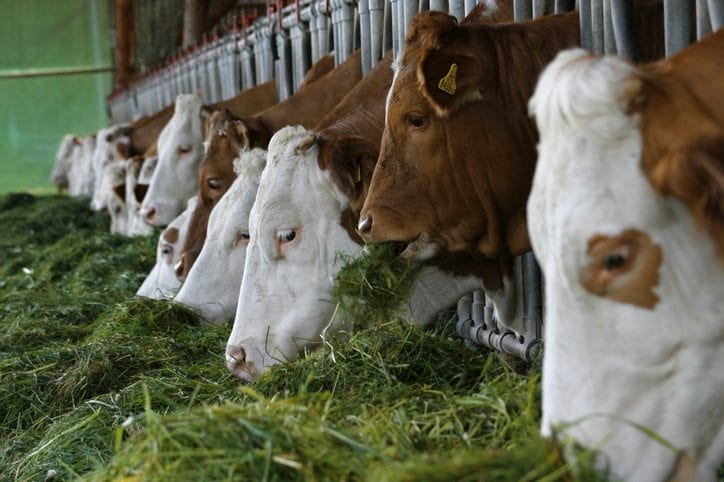
Abwasserbehandlung für Molkereien in der Praxis
Fromageries BEL
Die Fromageries Bel hat bei der Errichtung ihrer Produktionsstätte in Vietnam nach einer modularen und flexiblen Abwasserbehandlung gesucht. Dazu wandte sich das französische Unternehmen an DAS Environmental Expert und informierte sich über verschiedene Referenzanlagen. Für dieses nicht alltägliche Projekt war aus mehreren Gründen „greentelligence“ erforderlich. Die Anlage befindet sich im Süden von Vietnam – sie muss also im tropischen Klima funktionieren. Außerdem sind die Rechtsvorschriften in Vietnam selbst im Vergleich zu deutschen Einleitbedingungen ausgesprochen streng. Die vietnamesische Norm QVCN 24: 2009 setzt hohe Standards. Die feuchtwarme Luft und die Sonneneinstrahlung in den Tropen sind für die Anlage keine Belastung. Reaktoren und technologische Behälter bestehen aus Kunststoff, das Misch- und Ausgleichsbecken sowie der Schlammstapelbehälter aus Beton. Das Rohrleitungssystem ist aus korrosionsbeständigem Kunststoff und Edelstahl gefertigt. Pumpen und Ventilatoren sind die einzigen Verschleißteile. Das biologische Verfahren zeichnet sich nicht nur durch einen niedrigen Energiebedarf und niedrige Betriebskosten aus, sondern garantiert auch einen geringen Wartungsaufwand. Des Weiteren kann die Anlage dank Modulsystem unkompliziert erweitert werden.
Nach der technischen Inbetriebnahme und der sich daran anschließenden Start– und Optimierungsphase wurde die Anlage im Januar 2011 übergeben. Die Mobilität der Anlage konnte fünf Jahre später bewiesen werden: Durch den Umzug der Produktion in 2016, musste auch die Anlage an den neuen Standort ziehen. Dank des modularen Aufbaus war das kein Problem. Die TFR-Reaktoren wurden entleert, umgesetzt und dann wieder mit demselben Füllmaterial befüllt. Die Inbetriebnahme durch das Team der DAS erfolgte reibungslos und bereits nach zwei Wochen erreichte die Anlage wieder ihre volle Abbauleistung.

Deutscher Milchkontor (DMK)
Die DAS Environmental Expert GmbH Dresden modernisierte und erweiterte im Auftrag der DMK Group 2017 die Abwasserbehandlungsanlage. An ihrem Standort Strückhausen investierte das Unternehmen, um dort ab dem kommenden Jahr Magermilch- und Vollmilchpulver für Babynahrung herzustellen. Bis dahin sind noch eine Reihe umfangreicher Baumaßnahmen zu erledigen.
So sind die Baugrundverhältnisse in Strückhausen ausgesprochen kompliziert: Wegen des hohen Grundwasserstandes ist der Boden wenig tragfähig. Deshalb wurde die gesamte Anlage auf Pfählen errichtet. Das führt bei der Ertüchtigung der Abwasseraufbereitung zu weiteren Herausforderungen, da selbst die Standsicherheit der Baukräne für jeden Einsatzfall penibel geprüft werden muss. Neue Anlagentechnik ist außerdem so zu integrieren, dass sie wenig Platz benötigt.
Hier kann der Inhalt erstellt werden, der innerhalb des Moduls benutzt wird.
